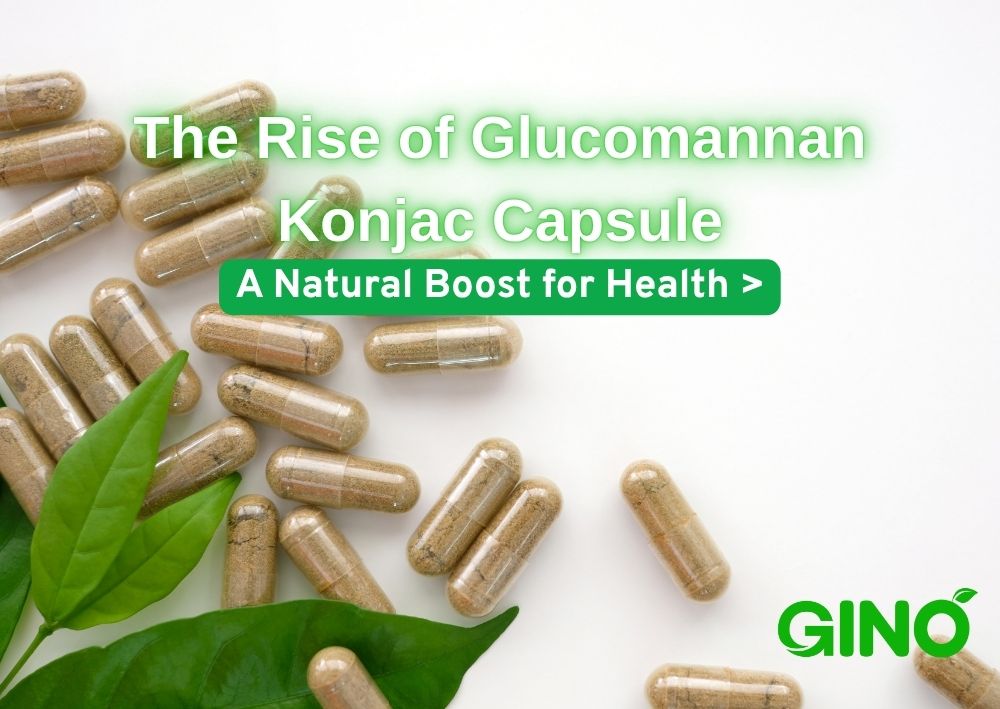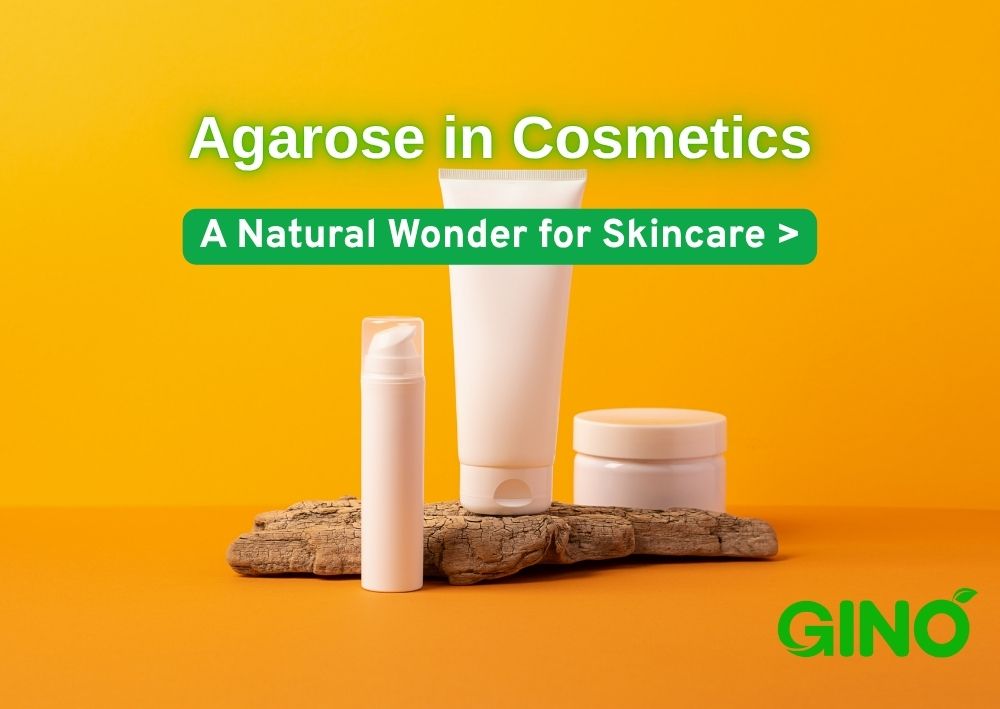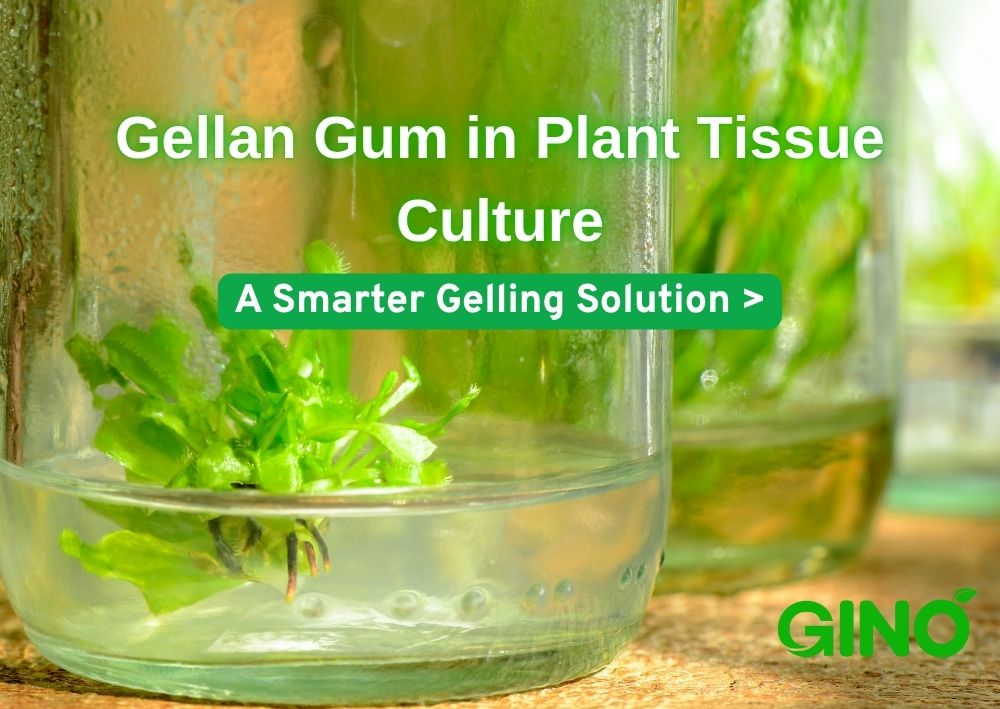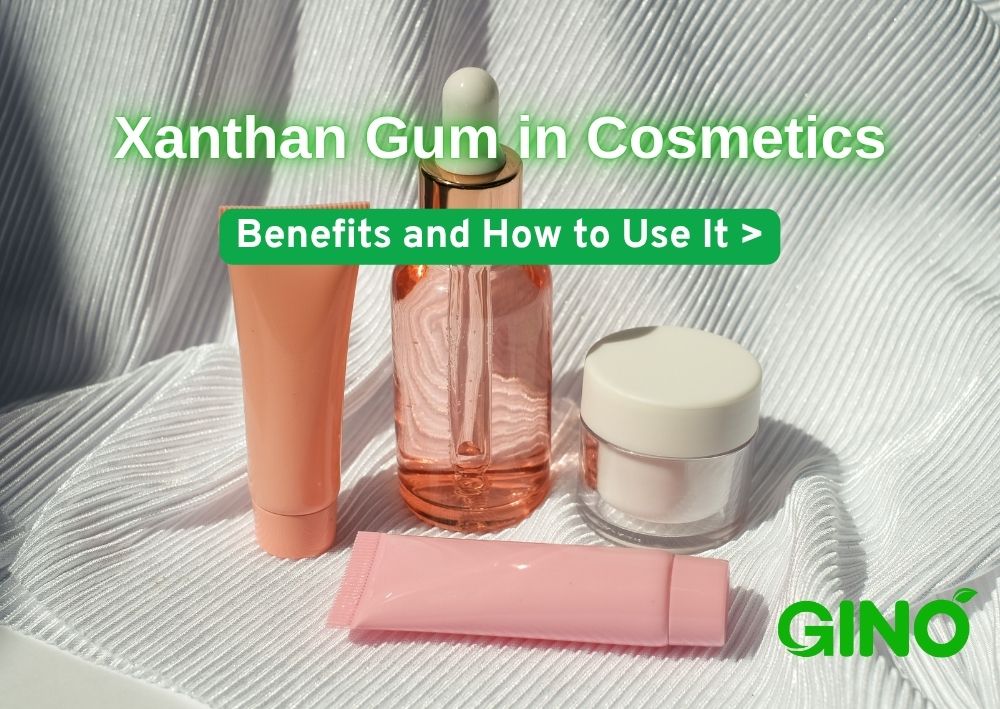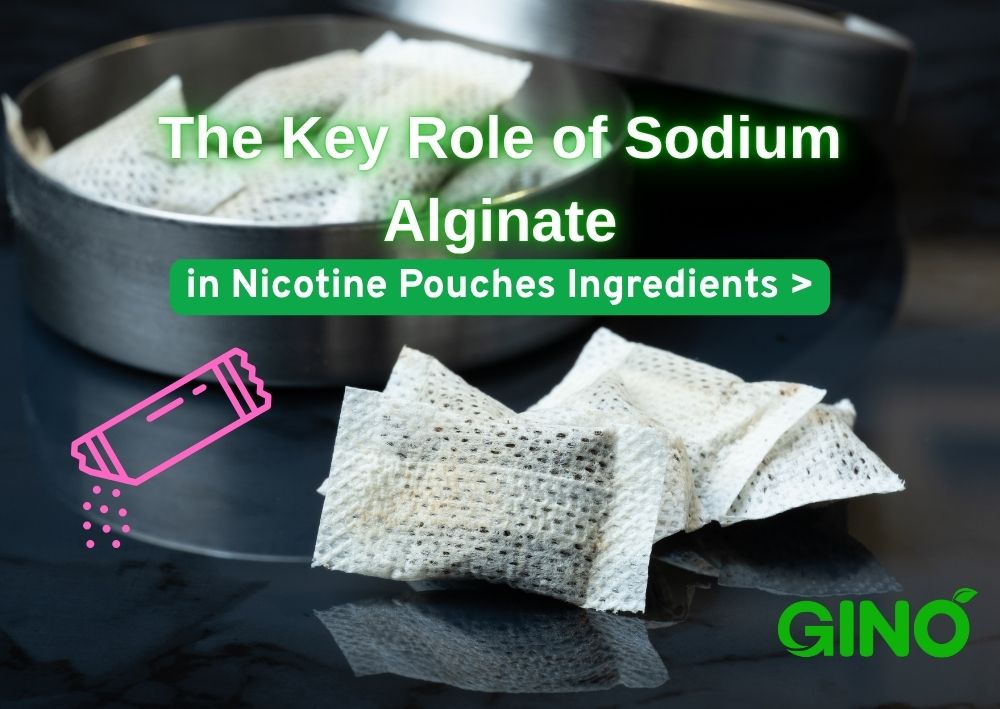
How to Distinguish Pectin and Gelatin
How to Distinguish Pectin and Gelatin
Abstract:
Both pectin and gelatin can be used to thicken, gel and hold certain foods in place, but there are some important differences between the two.
Pectin is a carbohydrate of plant origin, usually fruit.
Gelatin is produced from animal proteins, specifically collagen, a protein found in meat, bones and animal skin.
Because they come from different sources, gelatin and pectin have completely different nutritional characteristics.
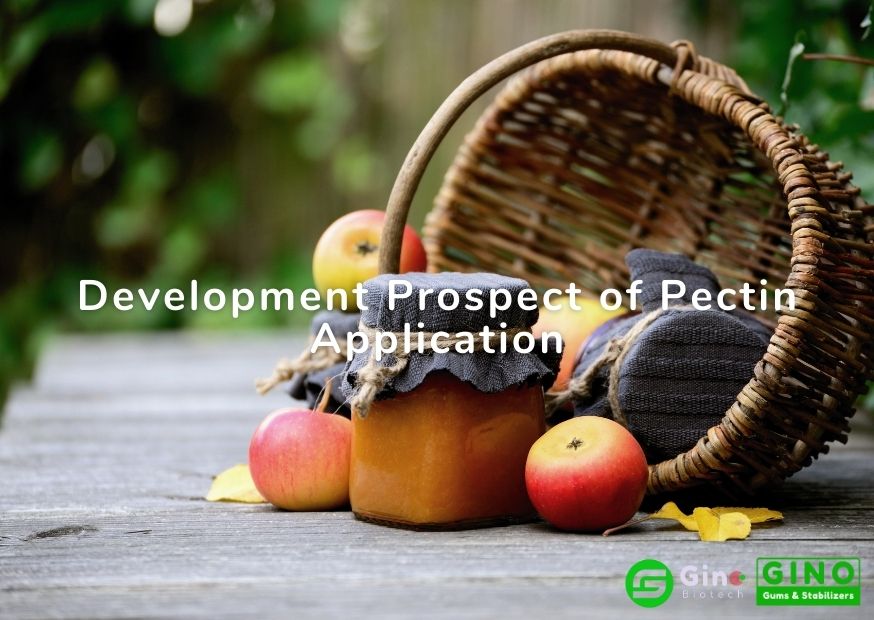
Both fruit pectin and gelatin can be used to thicken, gel and hold certain foods in place, but there are some important differences between the two. They come from different sources, so they have different nutritional and health benefits. In addition, they can have different applications in food preparation and manufacturing.
1. Pectin and Plants
Pectin is a carbohydrate derived from plants, usually fruits. It is found in the cell walls of plants and usually binds the cells together. Most fruits and some vegetables contain pectin, but citrus fruits such as apples, plums, grapes and grapefruits, oranges and lemons are the best sources of pectin. Its concentration is highest when the fruit is in the just-ripe stage. Most commercial pectins are made from apples or citrus fruits.
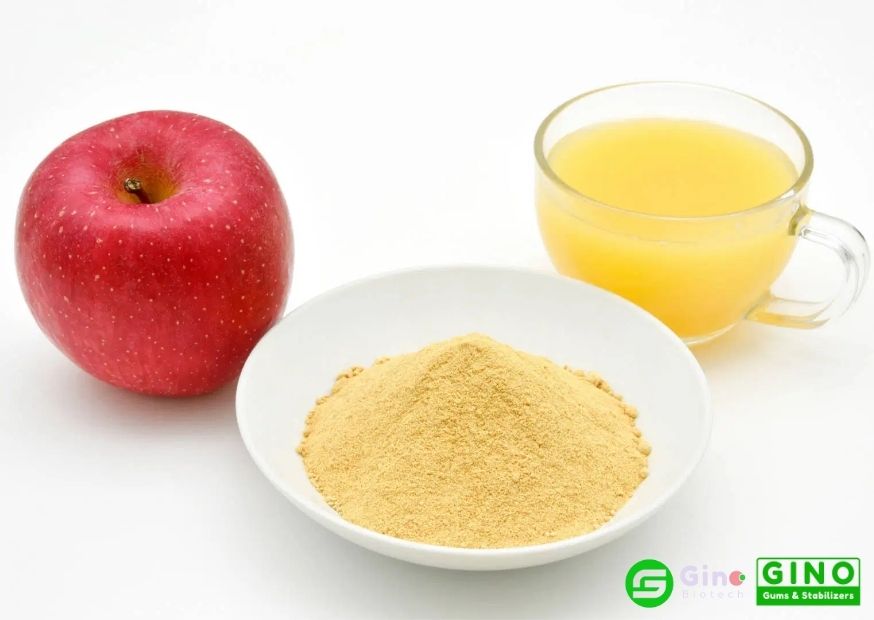
2. Gelatin Production
Vegans and vegetarians should be aware that gelatin is produced from animal proteins, specifically collagen, a protein found in meat, bones and animal skin. Gelatin dissolves when heated and solidifies when cooled, causing food to coagulate. Most commercially manufactured gelatin is made from pigskin in the United States or from cattle in parts of Europe. Agar is a vegan alternative to gelatin and is made from seaweed.
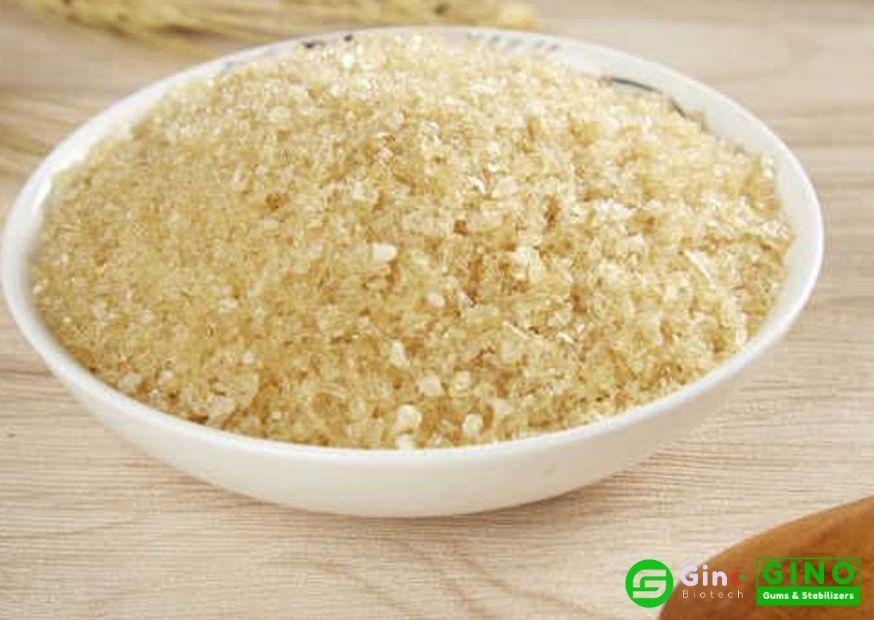
3. Nutritional Composition
Because they come from different sources, gelatin and pectin have completely different nutritional profiles. Pectin is a carbohydrate and a source of soluble fiber, the type that lowers cholesterol, stabilizes blood sugar and helps you feel fuller. According to the U.S. Department of Agriculture, a 1.75-ounce package of dried pectin contains about 160 calories, all from carbohydrates. Gelatin, on the other hand, is all protein and has about 94 calories in a 1-ounce package. The American Gelatin Manufacturers Association states that gelatin contains 19 amino acids and all amino acids essential to the human body except tryptophan.
4. Different Food Applications
- Gelatin is commonly used in stirred dairy products such as sour cream or yogurt, as well as foods such as marshmallows, icing and cream fillings. It is also used to mix gravies, like canned ham, and you may have eaten the most popular Jell-O gelatin. Pharmaceutical companies often use gelatin to produce pharmaceutical capsules.
- Pectin can be used in similar dairy and bakery applications, but because it requires sugar and acid to hold it in place, it is more commonly used in jam mixtures such as jam.

Bright Development Prospect of Pectin Application
According to expert predictions, the demand for pectin will continue to grow at an annual rate of 5%-10%, and the market demand exceeds supply.

